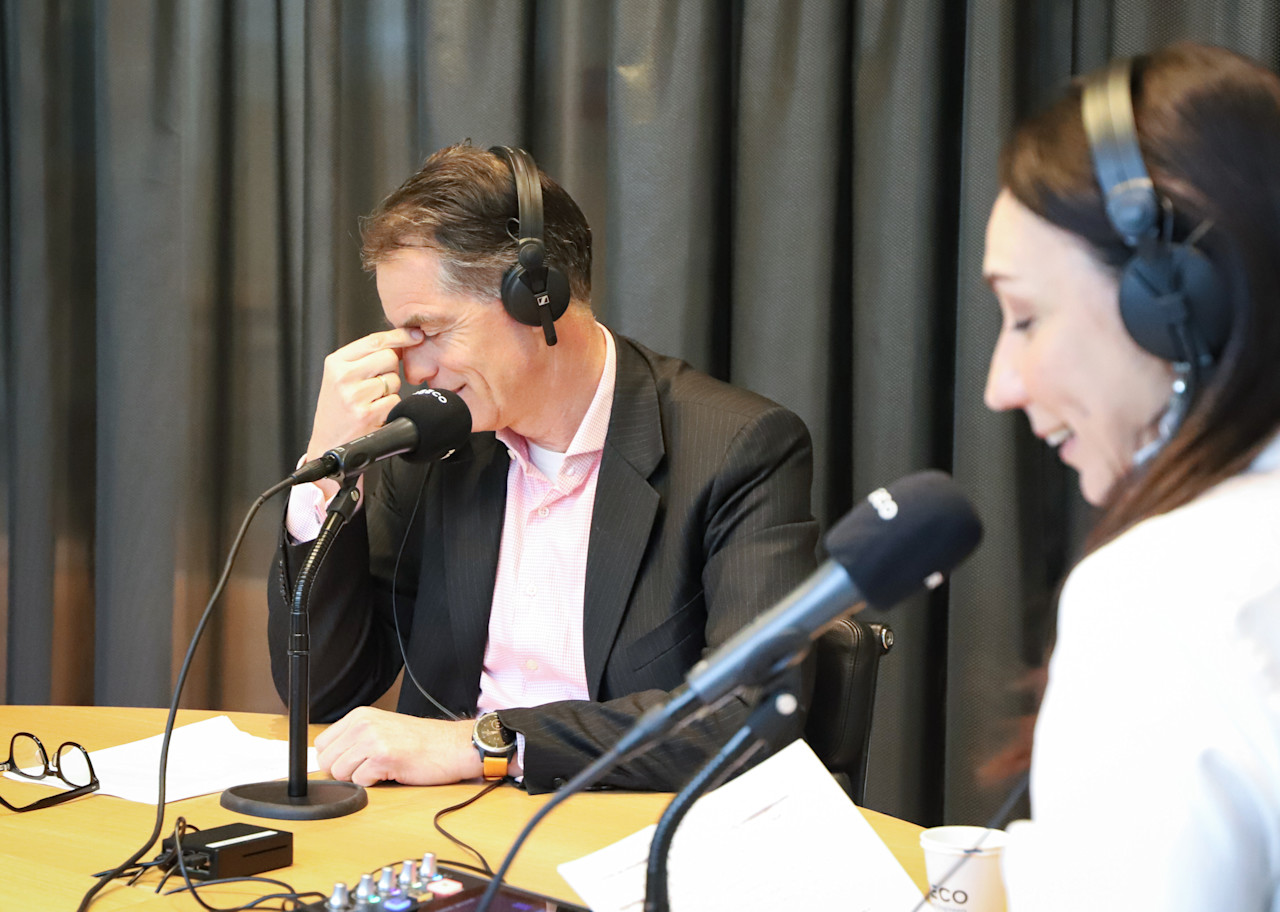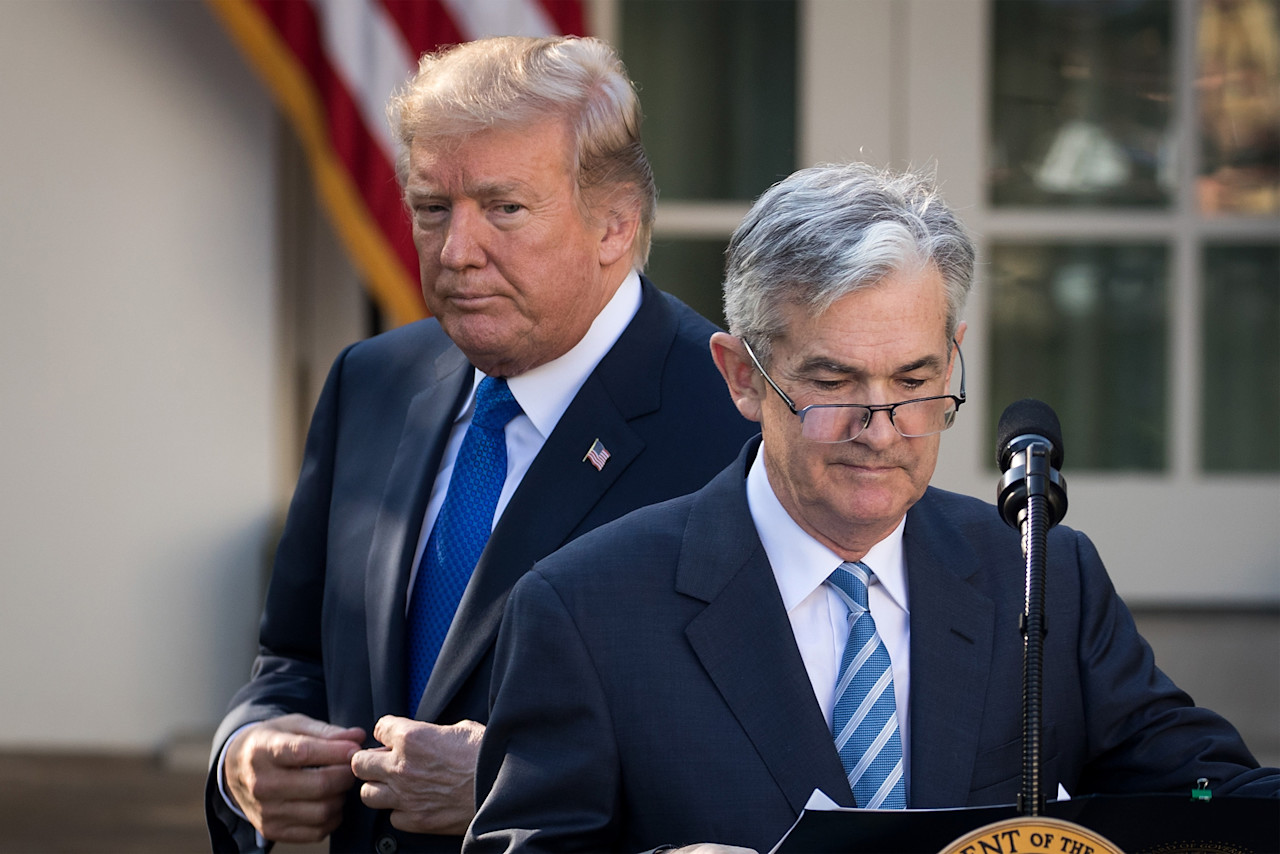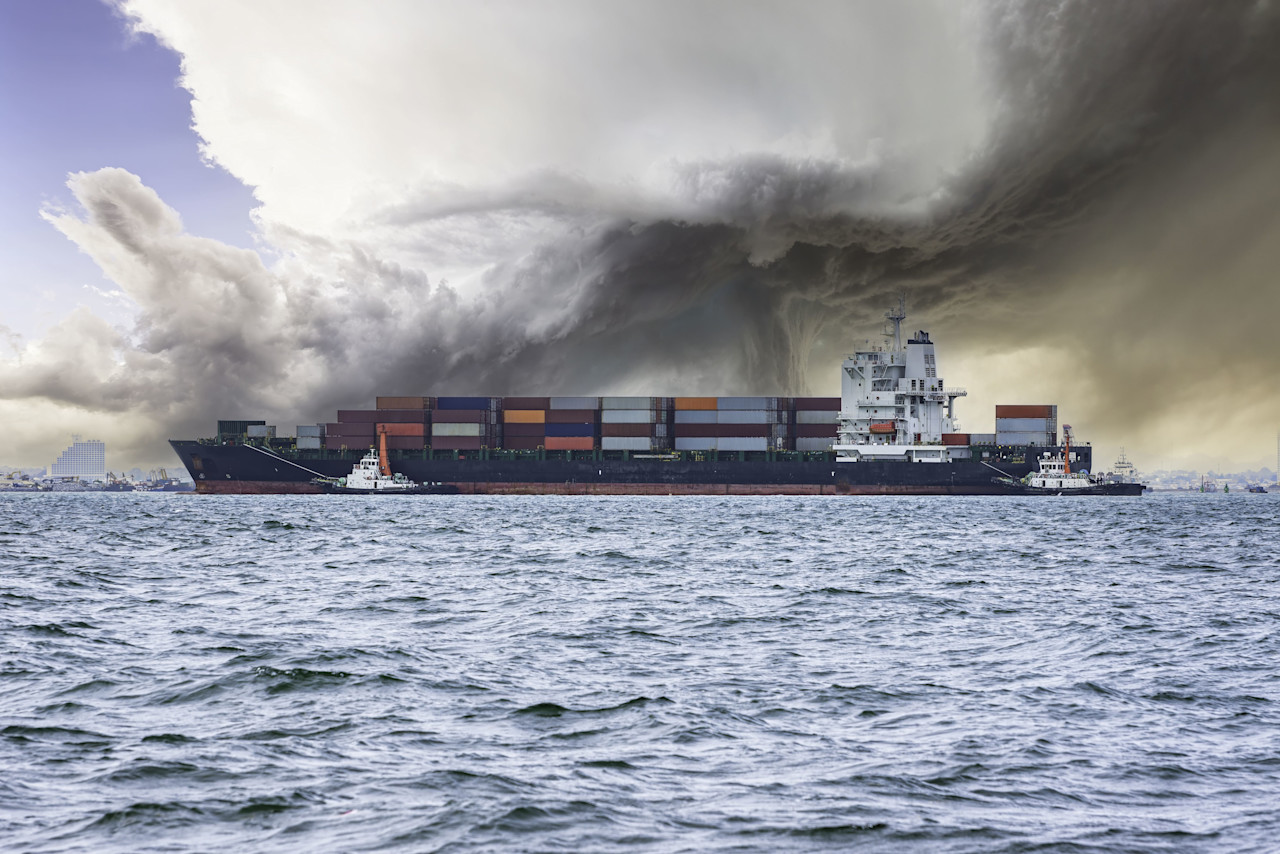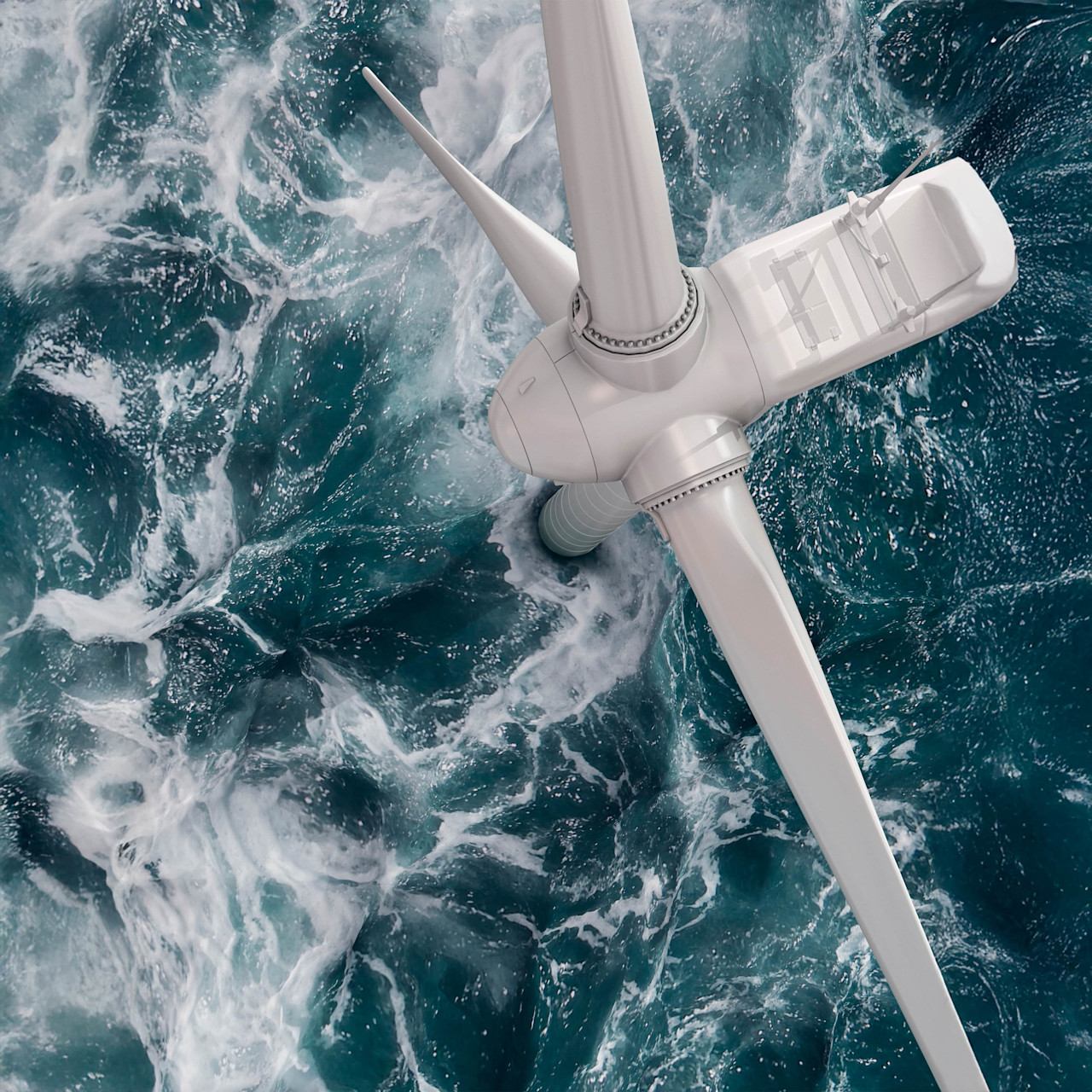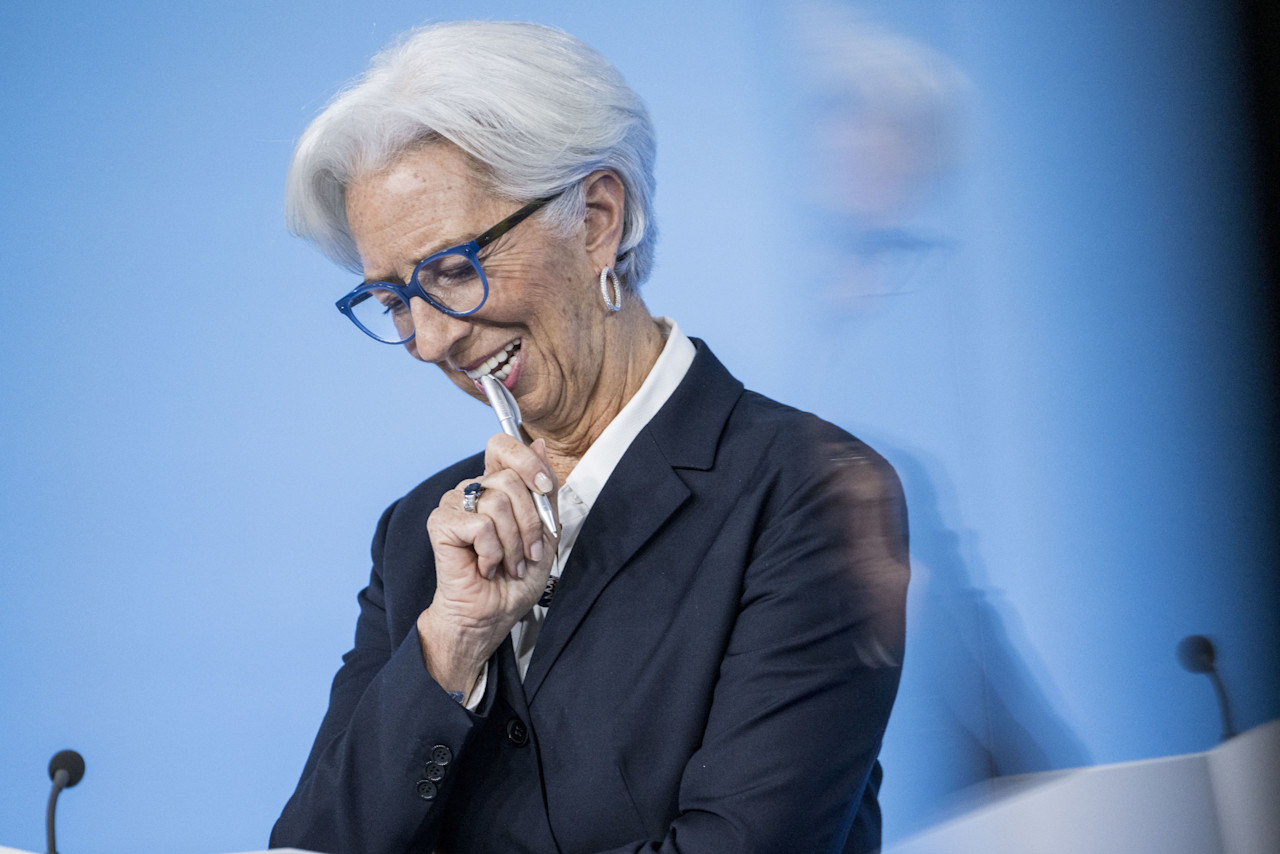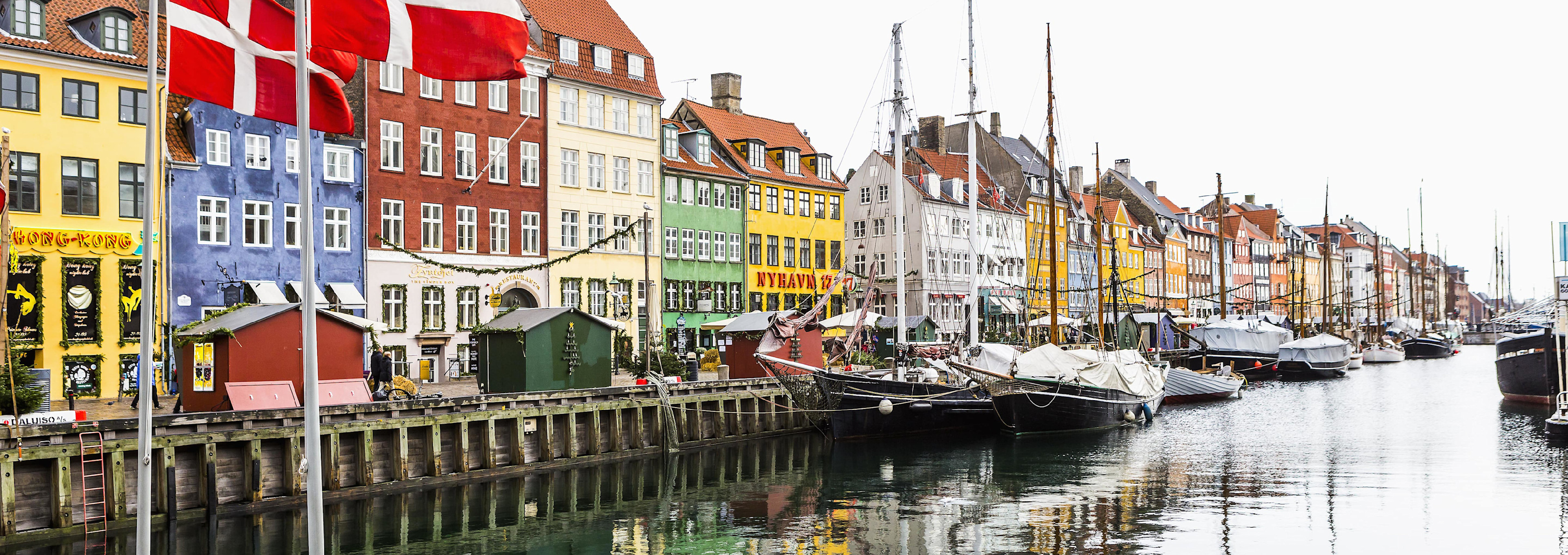

Denmark goes back-to-back in country ESG rankings
Denmark is a back-to-back champion, receiving the highest overall ESG scores of any country in Robeco’s latest Country ESG Rankings. Meanwhile, the UK celebrates a historic milestone and makes extraordinary strides toward decarbonization. Plus, find out why liquid assets are so important for sovereign investments and ESG scores.
概要
- Governance proved significant in lifts and drops in rankings
- Exceptional leadership brings the UK into a new energy era
- Water is a critical liquid asset to monitor for countries and investors
For the second straight year, Denmark tops Robeco’s Country ESG rankings, further widening its lead over Scandinavian peers – Sweden, Norway and Finland. Countries with superior scores (top 14 in total) remained mostly unchanged. New Zealand, the only non-European in the group, dropped two places while Estonia, Iceland and Austria improved slightly.
Visit Robeco’s SI Open Access portal for more details on scores and rankings.
Figure 1 – Superior-scoring countries

Changes in rankings are relative to October 2024 scores.
Source: Robeco, April 2025
Slips and jumps in governance
Both the US and Japan, the world's largest sovereign debt issuers, gained ground. Despite a decrease in its governance score, the US improved its all-around country score. However, those results are subject to change given many of the drastic policy shifts (and reversals) of the Trump administration were announced in late spring – too late to be reflected in current country scores.
Along with the US, governance scores suffered declines across the EU as nationalism and political instability dominated the 2024 elections. As with the US, lags in governance data mean that the political drama unfolding in South Korea after the president declared martial law in late December 2024, is not yet visible in its score.
In contrast, Saudi Arabia and Oman improved in governance as a result of institution building, decreased corruption and improved competition. Oman was also one of the biggest movers, jumping 11 places in the ranks.
Figure 2 - Countries with largest gains

Figure 3 - Countries with largest losses

Source: Robeco, April 2025. Gains and losses are measured relative to October 2024 scores/ranks.
The UK enters a new era
October 2024 was cause for celebration in Great Britain and Northern Ireland as well as for the rest of the world! After closing its last coal-fired plant in September, it marks the beginning of the UK’s coal-free power era. Over decades and across party lines, the government has pushed decarbonization policies and financing for renewables.
The achievement is all the more remarkable because the UK has not resorted to natural gas (a cleaner-burning fossil fuel) from North Sea reserves or imports to fill the gap.
The achievement is all the more remarkable because the UK has not resorted to natural gas… to fill the gap
From 2012-2024, the share of electricity from wind and solar has risen from 6% to 34%. Replacing coal with wind and solar saved the UK economy an estimated EUR 3.34 billion in costs and over 1 GtCO2e in avoided greenhouse gas emissions (equivalent to nearly three years of emissions based on 2024 totals).
The UK isn’t letting up. At COP29, officials announced plans to slash emissions by 81% by 2035 – making it one of the few countries still credibly within the 1.5 °C temperature targets set by the IPCC. Those targets, however, may be harder to reach given decarbonization in other sectors has been aggravatingly slow.
Still, the UK impressively outperforms the world’s advanced economies on climate and energy indicators. This sort of long-term thinking, patient policymaking and steady action is precisely the kind of leadership desperately needed nowadays.
Ivory Coast – an economic powerhouse
Ivory Coast has evolved into an economic powerhouse in the past decade, blasting past its Sub-Saharan peers. Between 2012-2019, Ivory Coast averaged a stunning 8.2% GDP growth against a global average of just under 3%. With 6.1% GDP growth in 2024, stunning growth is back on track, with inflation also in check.
Figure 5 - Ivory Coast vs regional peers – High growth, moderate inflation

Source: World Bank, 2024.
Monitoring liquid assets
A country’s assets are not the only kind of flows monitored by sovereign investors – abundant water supplies are also critical to well-functioning economies. Extreme water stress can disrupt domestic industries, increase government costs, and trigger social unrest – key concerns of sovereign bond investors.
Water stress – which happens when water demand exceeds supply – is on the rise globally. Though it can stem from natural causes (e.g., droughts and seasonal rainfall variations), over-extraction, pollution, and inefficient water use by populations and industries are also major drivers.
Water is disproportionately used in agriculture, but it is also essential for many other sectors including energy and textiles. As industries and populations grow, water scarcity and stress levels will continue to rise, and with them the cost of securing water supplies by companies and governments. Climate change will further exacerbate the problem.
Prolonged water stress can also lead to social instability if supplies to hospitals and households are disrupted, endangering public health. Given water stress is a multi-faceted problem, the Robeco Country ESG Framework has consistently used many water-related metrics to track and understand changes in country water supplies and their subsequent impact on public financing and future economic growth.
獲取最新市場觀點
訂閱我們的電子報,時刻把握投資資訊和專家分析。
Important information
The contents of this document have not been reviewed by the Securities and Futures Commission ("SFC") in Hong Kong. If you are in any doubt about any of the contents of this document, you should obtain independent professional advice. This document has been distributed by Robeco Hong Kong Limited (‘Robeco’). Robeco is regulated by the SFC in Hong Kong. This document has been prepared on a confidential basis solely for the recipient and is for information purposes only. Any reproduction or distribution of this documentation, in whole or in part, or the disclosure of its contents, without the prior written consent of Robeco, is prohibited. By accepting this documentation, the recipient agrees to the foregoing This document is intended to provide the reader with information on Robeco’s specific capabilities, but does not constitute a recommendation to buy or sell certain securities or investment products. Investment decisions should only be based on the relevant prospectus and on thorough financial, fiscal and legal advice. Please refer to the relevant offering documents for details including the risk factors before making any investment decisions. The contents of this document are based upon sources of information believed to be reliable. This document is not intended for distribution to or use by any person or entity in any jurisdiction or country where such distribution or use would be contrary to local law or regulation. Investment Involves risks. Historical returns are provided for illustrative purposes only and do not necessarily reflect Robeco’s expectations for the future. The value of your investments may fluctuate. Past performance is no indication of current or future performance.






